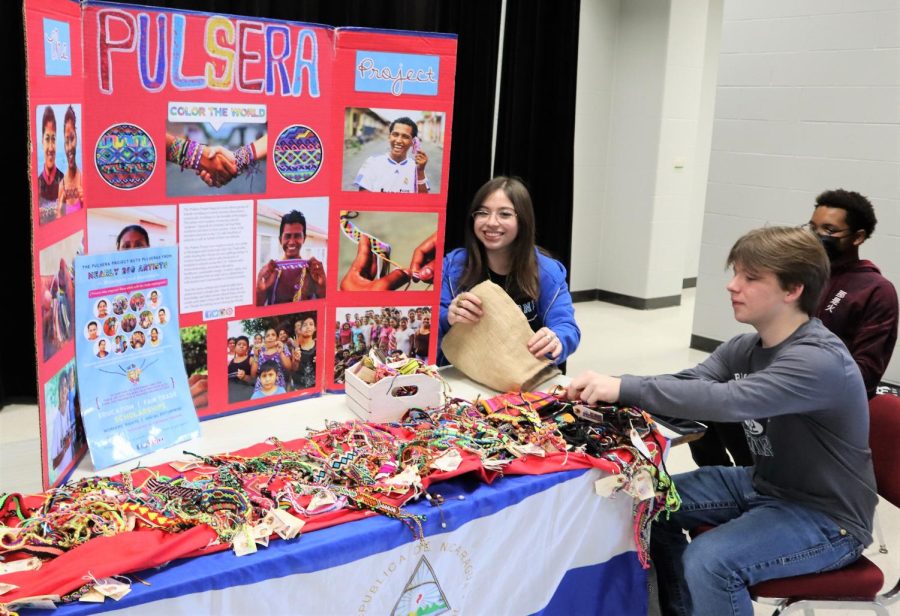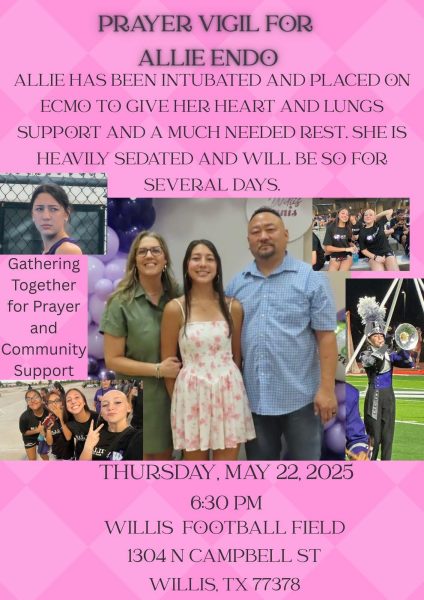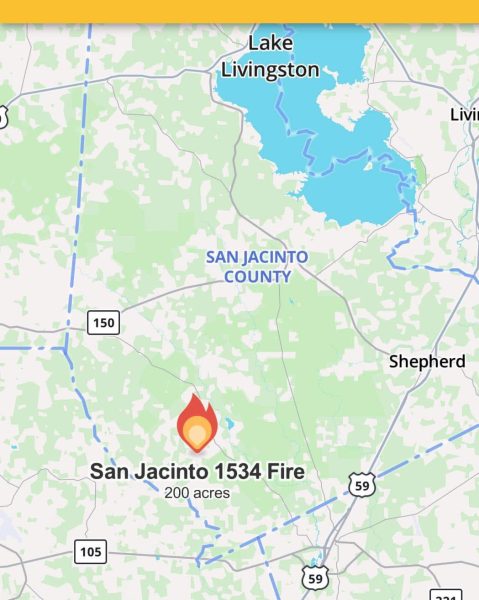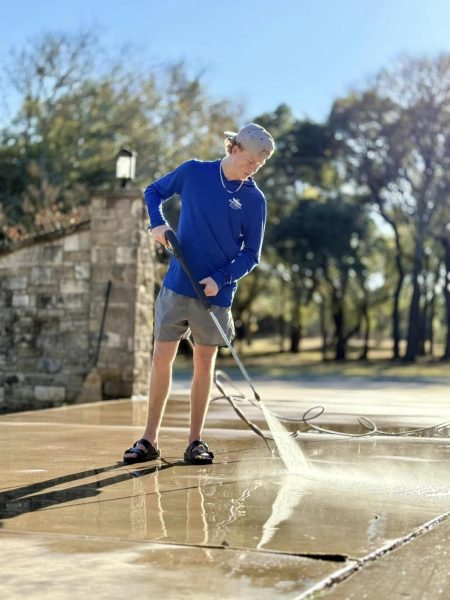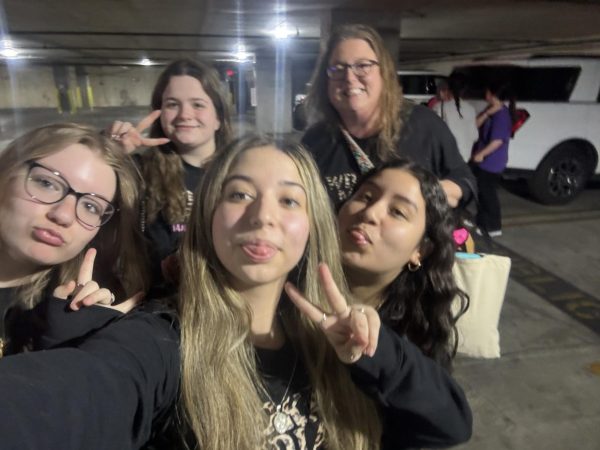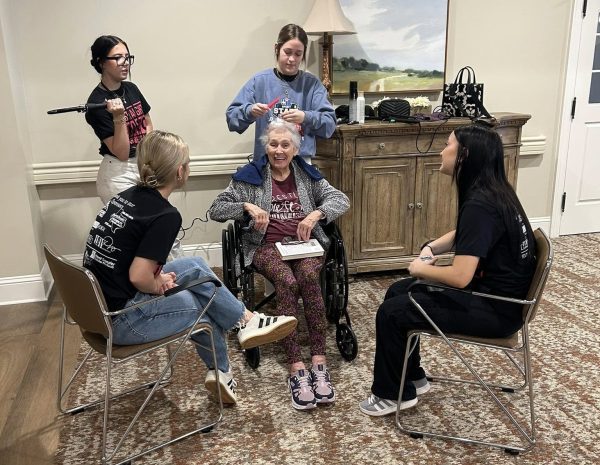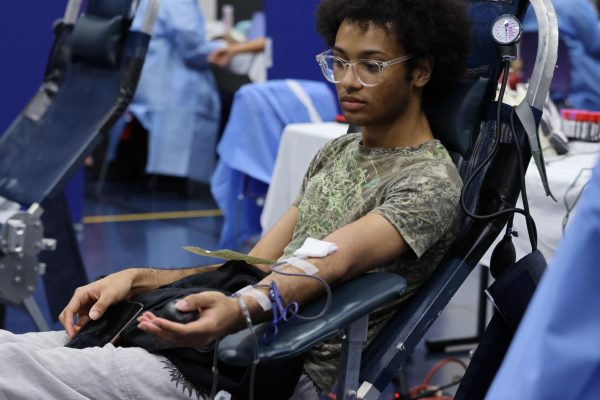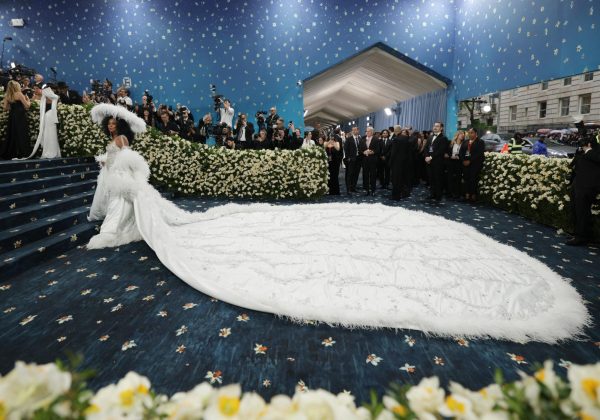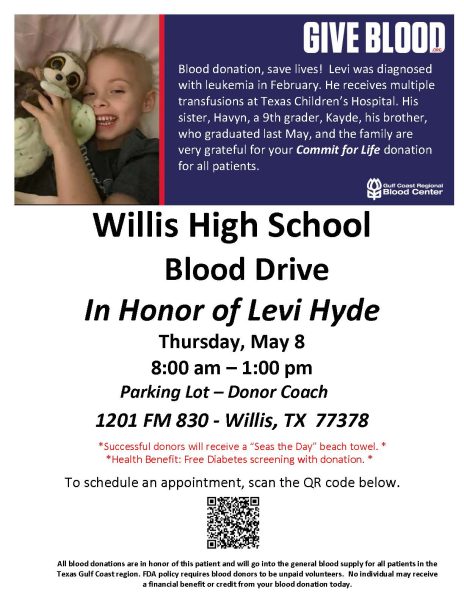Spanish NHS sells bracelets to help education in Central America
photo or infographic by Brenan Mansker
HELPING OTHERS. Members of Spanish NHS sell pulseras during lunch on Feb. 9. The club will continue to sell until Feb 17th with proceeds going back to the artisans who made the bracelets.
Luis Chaves longs for his children to learn. Living in a third world country with a limited education, work is hard to come by. But he knows how to weave pulseras – brightly colored bracelets he makes in the tradition of generations before him, and this art may be the key to the education he wants for his family.
The Pulsera Project gives him hope for a world where his children have a chance at education. Spanish NHS members are selling bracelets from Feb. 7-17 as part of the Pulsera Project during lunches. On Friday Feb. 11, teachers are showing a video from the project to enlighten students on the topic during academy time.
“The Pulsera Project is a non profit organization that helps build sustainable communities in Central America through fundraising,” senior Miseal de los Reyes said. “The Spanish National Honor Society here at Willis is one of many organizations around the U.S. Selling bracelets, or pulseras, that are handmade by the people we are helping. All proceeds go directly towards helping build schools and homes in Nicaragua.”
Nicaraguan & Guatemalan artisans, including children and adults, work on bracelets and send them to America to be sold. The money is returned to Central America and goes towards educational centers.
The bracelets are marked with a tag showing the name and picture of the person who made the Pulsera. According to www.pulseraproject.com the bracelet takes about an hour to make. Many of the artisans began weaving as a hobby in their youth Others learned the art from their family members. The practice has been passed down from generation to generation.
“Each year we receive hundreds of different bracelets, each with a unique design,” De Los Reyes said. “We are hoping to sell as many as possible by Feb. 19. Each bracelet is $5. These will be available during lunch.”
The Pulsera Project offers hope to those affected by the Nicaraguan crisis. The organization is part of the Fair Trade Federation. In the simplest terms, fair trade means workers are treated fairly and not marginalized for big profits.
“The Pulsera project provides sustainable, well paying work for artisans affected by the recent issues in Nicaragua,” the project’s website said. “The proceeds will be invested in a wide range of social impact groups in Nicaragua, along with legal and medical aid for those affected by the crisis.”
Though students in America take school for granted, Nicaraguan children wait for the day they earn an education. Starting in 2009, the organization has sent $5 million back to Central America for this purpose.
“All the money goes towards schools,” senior Melody Medina said. “Each bracelet shows a picture of the child that made it by hand, they hope their hard work pays off.”
Your donation will support the student journalists of Willis High School. Your contribution will allow us to purchase equipment and cover our annual website hosting costs.
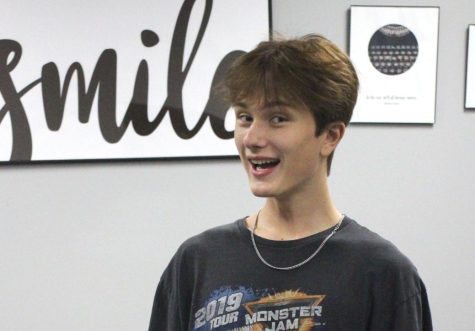
Stone Chapman has been on yearbook and newspaper staff for one year. After ending the 2021-2022 school year with a best of SNO award and story with 47,000...


